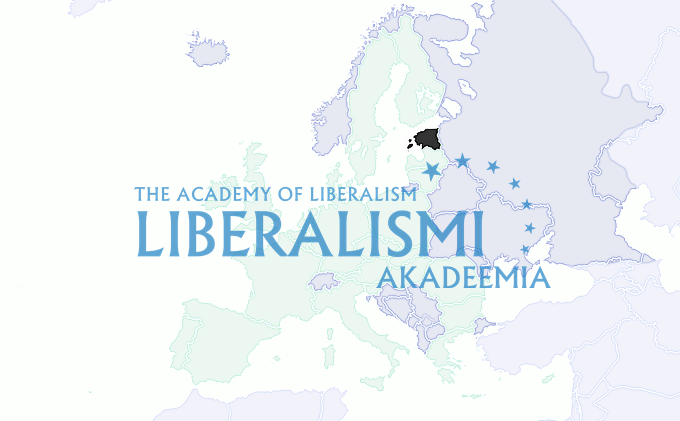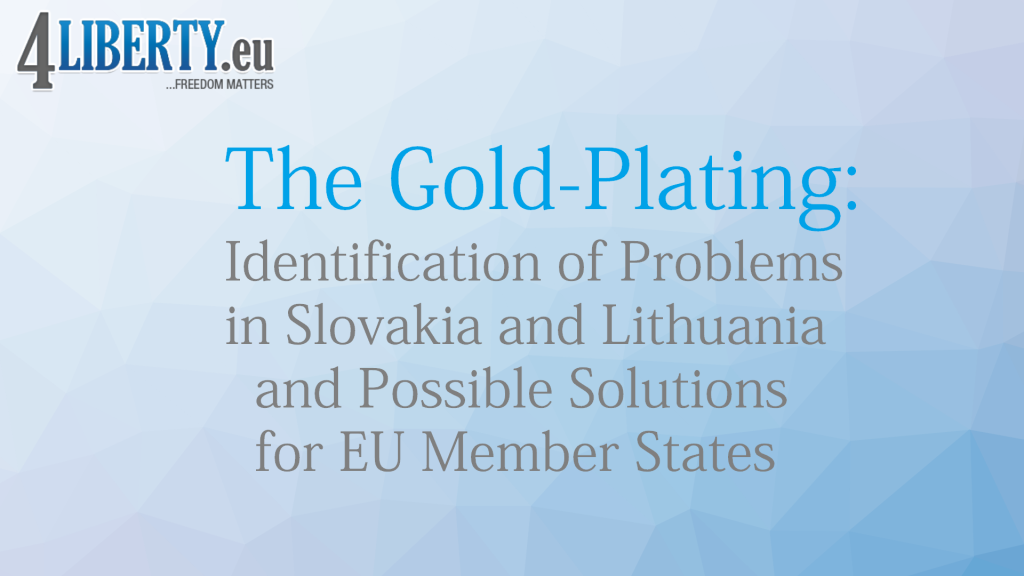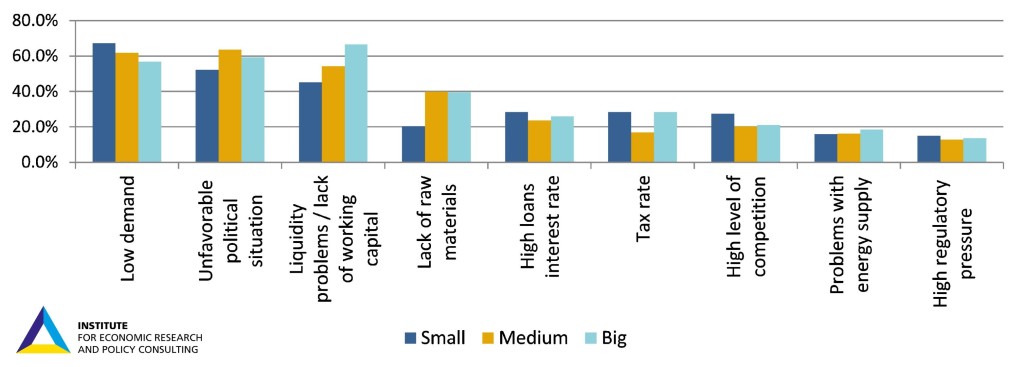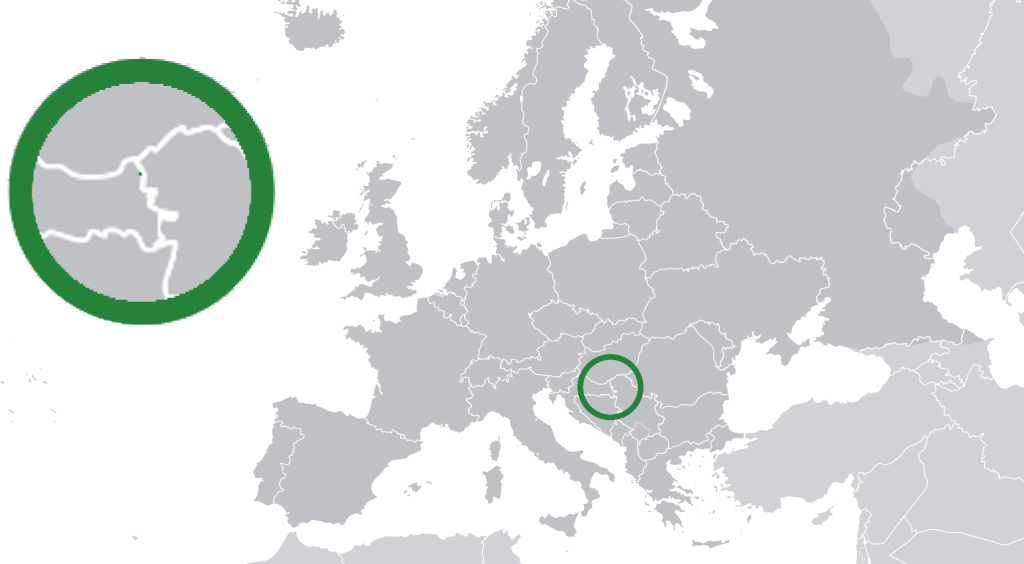
Turning Away From “The Road to Serfdom“: Re-Defence of Liberalism
BY
Academy of Liberalism / May 21, 2015
European ideal is not – to my mind – “being the first“ at any costs. Europe does not need to conquer anybody – these times are over and the fundamentally colonialist subconscious idea of Lisbon Strategy has faded into our Medieval past.











